The food groups
Below is a brief guide on the 5 food groups. It includes recommended serving sizes and examples for each group.
The recommendation for you may vary if you have an underlying health condition.
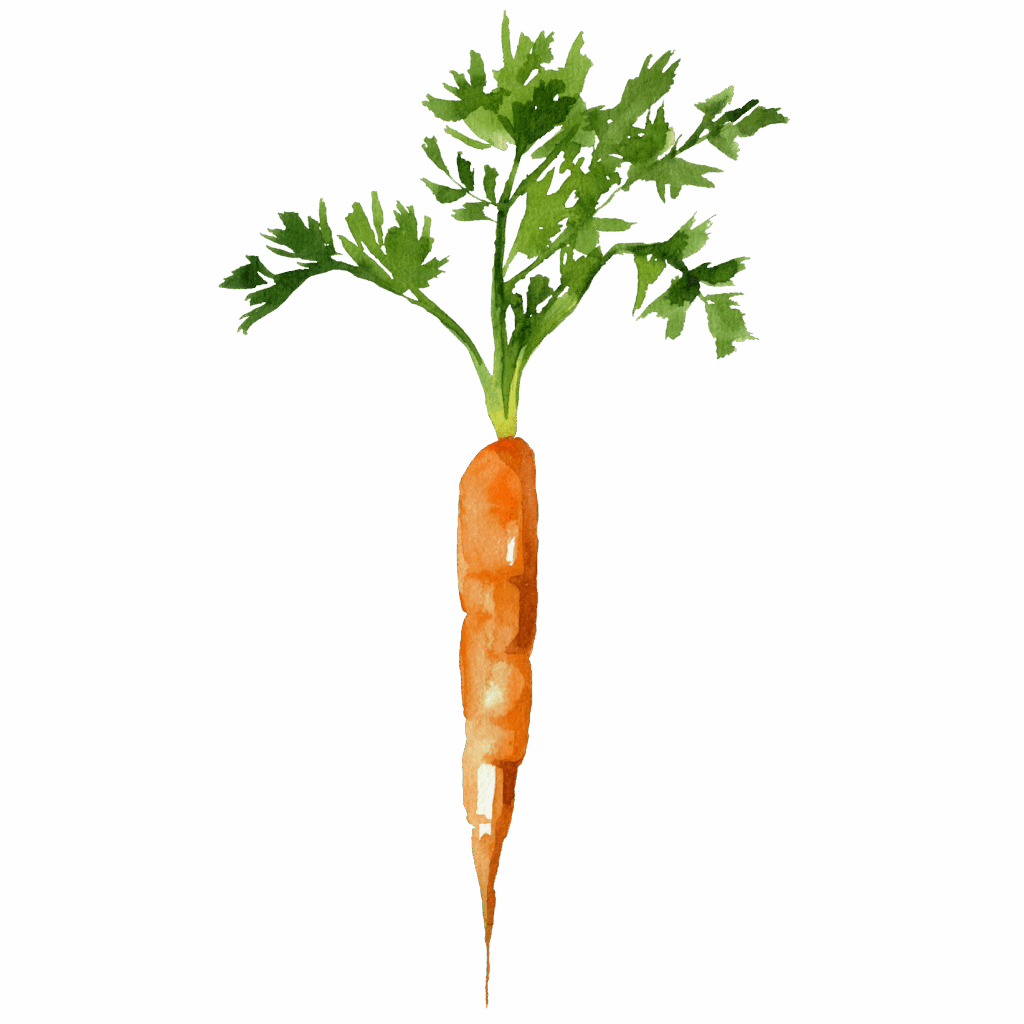
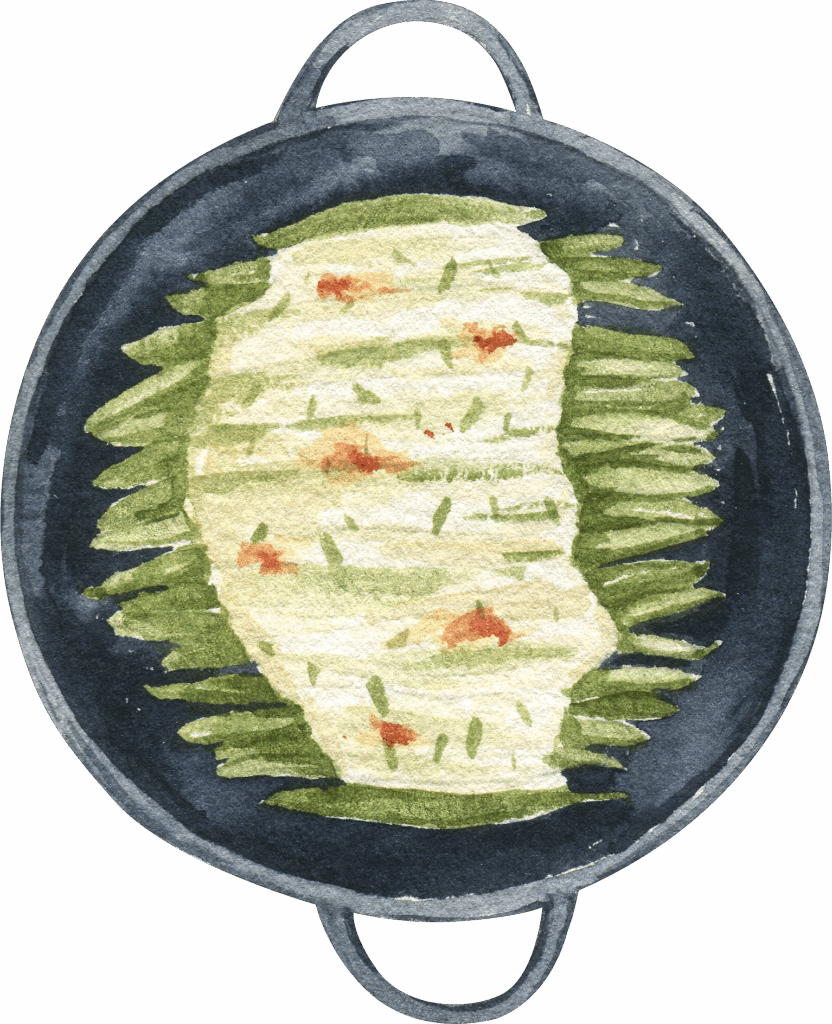
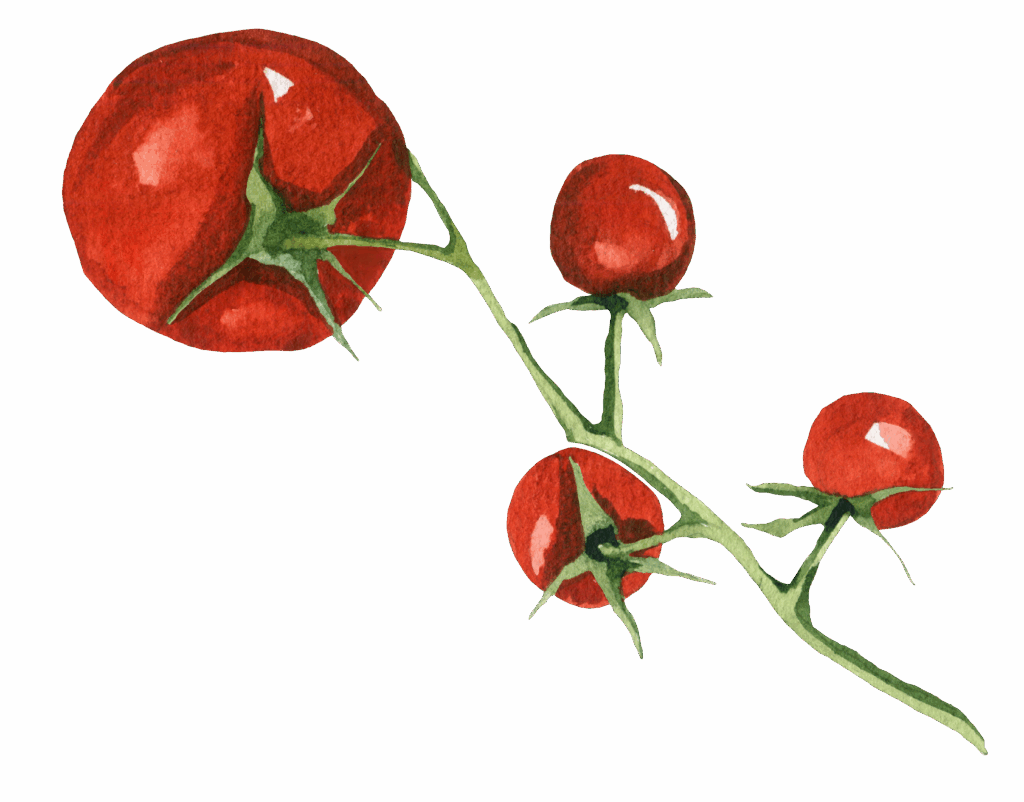
Vegetables and Legumes
The recommendation is as always, to eat a variety of types, and eat the rainbow is a good motto to live by as doing so means you are getting a variety of nutrients and minerals specific to the special properties of these colourful foods.
1 serving is
75g (100-350kj)
- ½ cup cooked green or orange vegetables eg. broccoli, spinach, carrots or pumpkin
- ½ cup cooked dried or canned beans, peas or lentils (preferably with
no added salt) - 1 cup green leafy or raw salad vegetables
- ½ medium potato
- 1 medium tomato
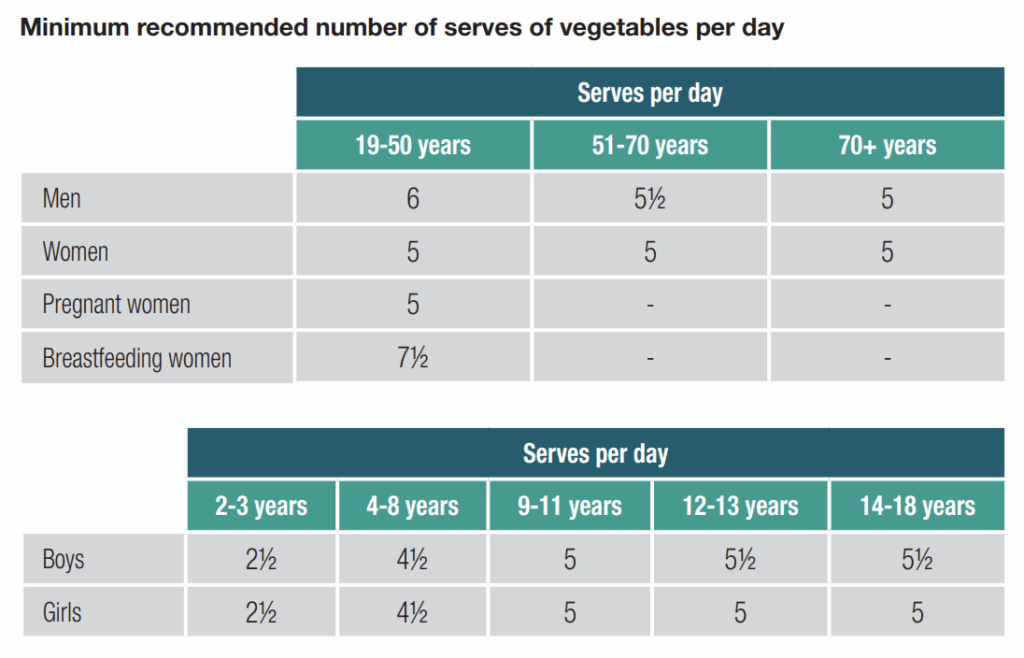

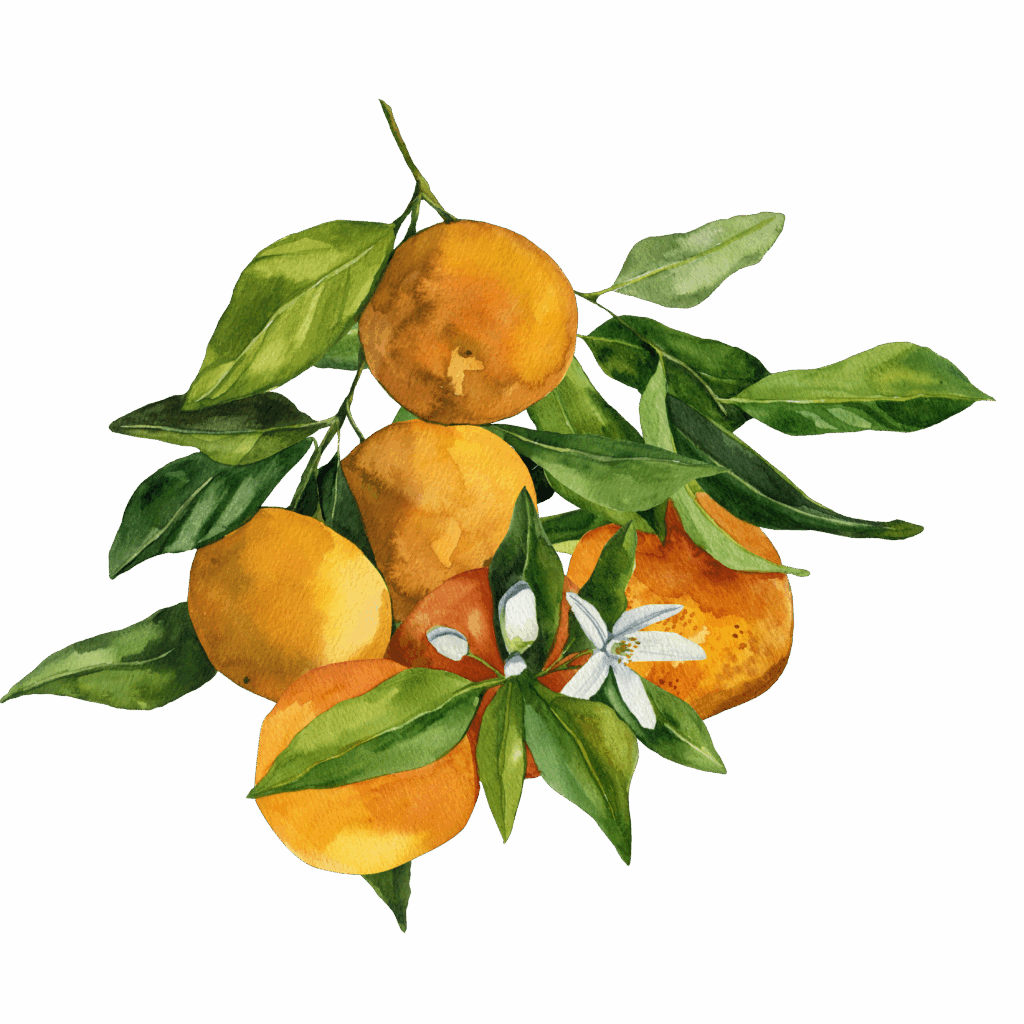
Fruits
Fruits are important alongside vegetables as important sources of vitamins and other nutrients. they are a great source of fibre and are best eaten fresh. Fruits can be a part of any meal, and surprisingly exciting in a salad or to replace other less healthy foods as a snack.
1 serving is
150g (350kj)
- 1 medium apple, banana, orange or pear
- 2 small apricots, kiwi fruits or plums
- 1 cup diced or canned fruit (no added sugar)
- dried fruits and fruit juices should be limited but are also a source of fruit nutrients.
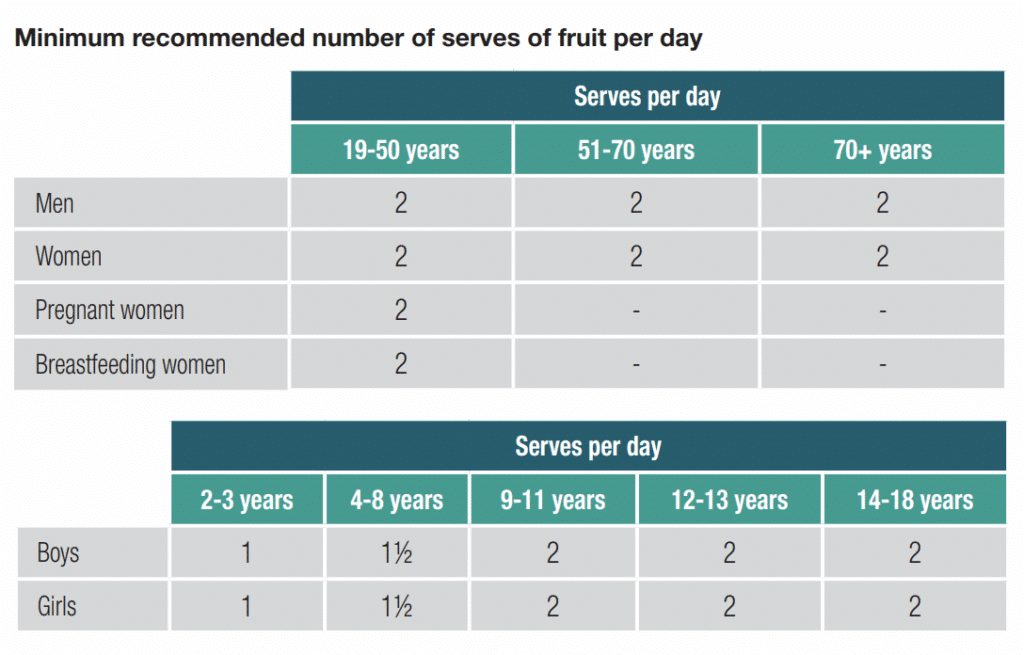
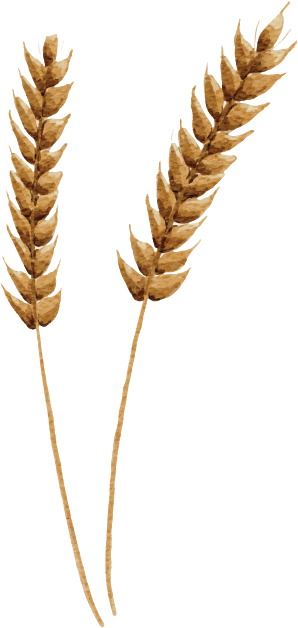

Grain (cereal) foods
Wholemeal or wholegrain varieties are a nore nutritios option than refined grains. When grains are refined we are often stripping away the fibre and valuable nutrients of these foods.
When selecting your grains be wary of added salt fat and sugar that is present in many grain products such as bread and pastries.
1 serving is
500kj
- 1 slice (40g) bread
- ½ cup (75-120g) cooked rice, pasta, noodles, barley, buckwheat, semolina, polenta, bulgur or quinoa
- ²/³ cup (30g) wheat cereal flakes
- ¼ cup (30g) muesli
- 3 (35g) crispbreads
- 1 small (35g) English muffin or scone
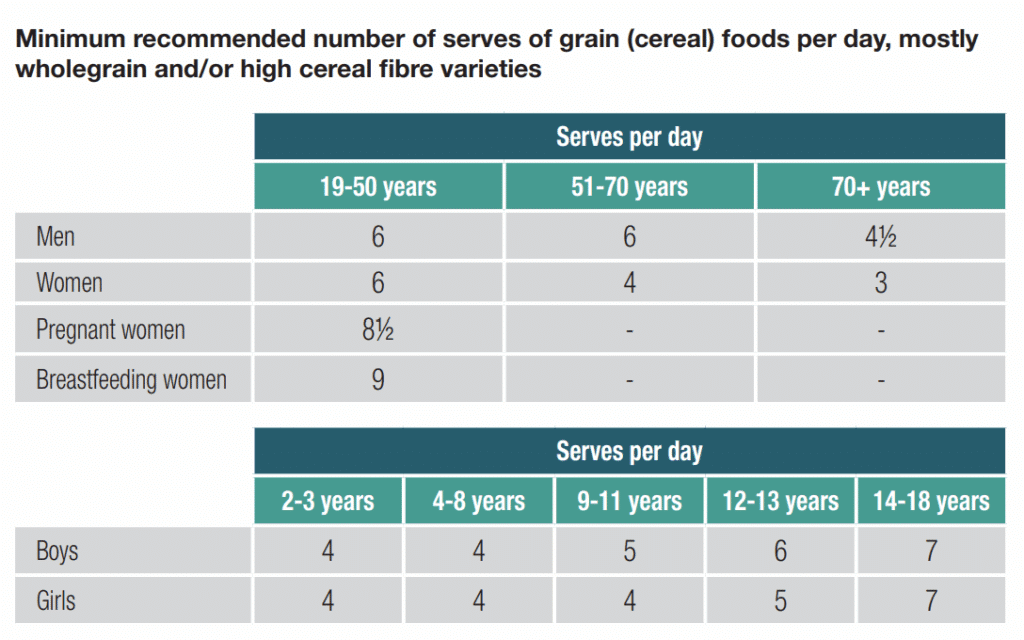
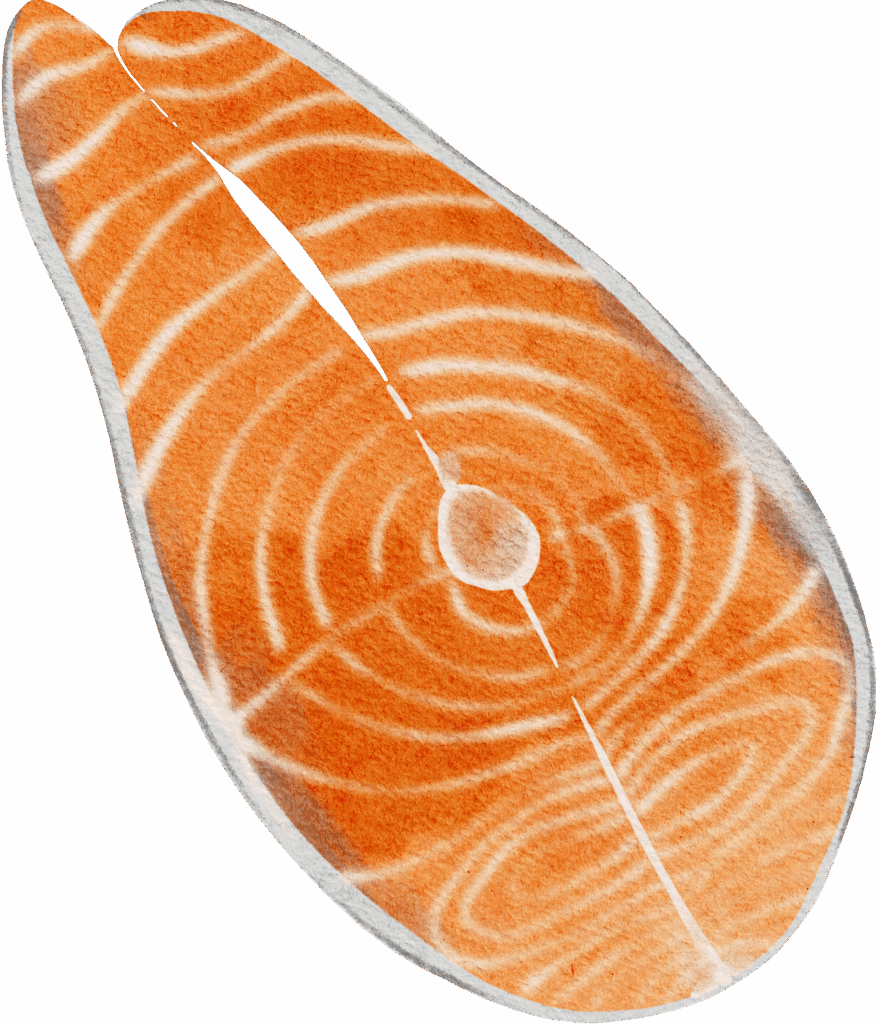
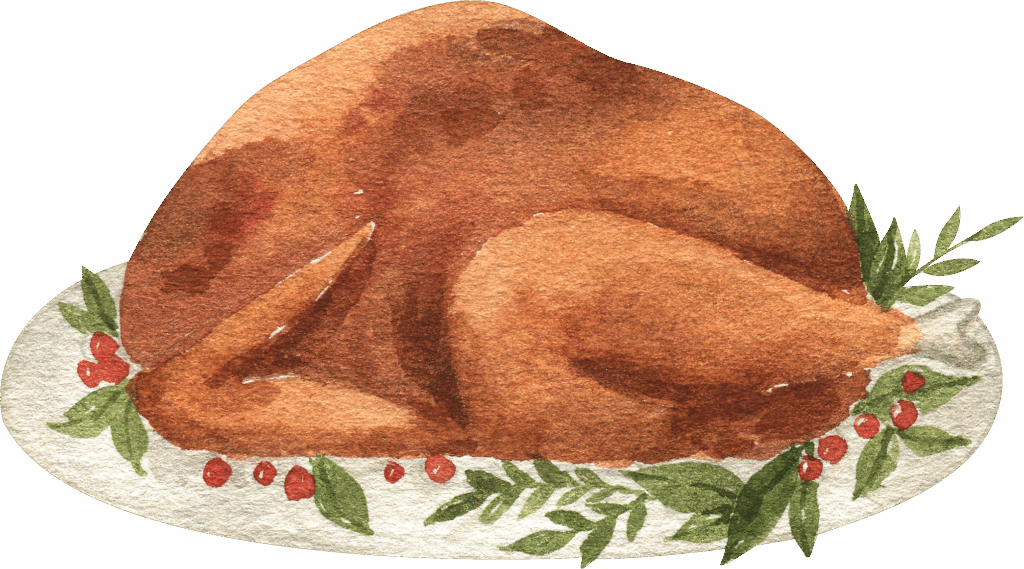

Lean Meats, Poultry, Fish, Eggs, Tofu, Nuts, Seeds and Beans
These are a great source of protein, iron, zinc and other minerals and vitamins. Vegans should supplement B12 into their diet as it is primarily found in animal sources.
Lean meats, poultry, fish and plant-based alternatives that are grilled are the healthiest option. Fried foods should be avoided.
1 serving is
500-600kj
- 65g cooked lean red meats (about 90-100g raw)
- 80g cooked lean poultry (100g raw)
- 100g cooked fish fillet (about 115g raw) or one small can of fish
- 2 large (120g) eggs
- 1 cup (150g) cooked or canned legumes/beans such as lentils, chick peas (preferably with no added salt)
- 170g tofu
- 30g nuts, seeds, peanut or almond butter (no added salt)*
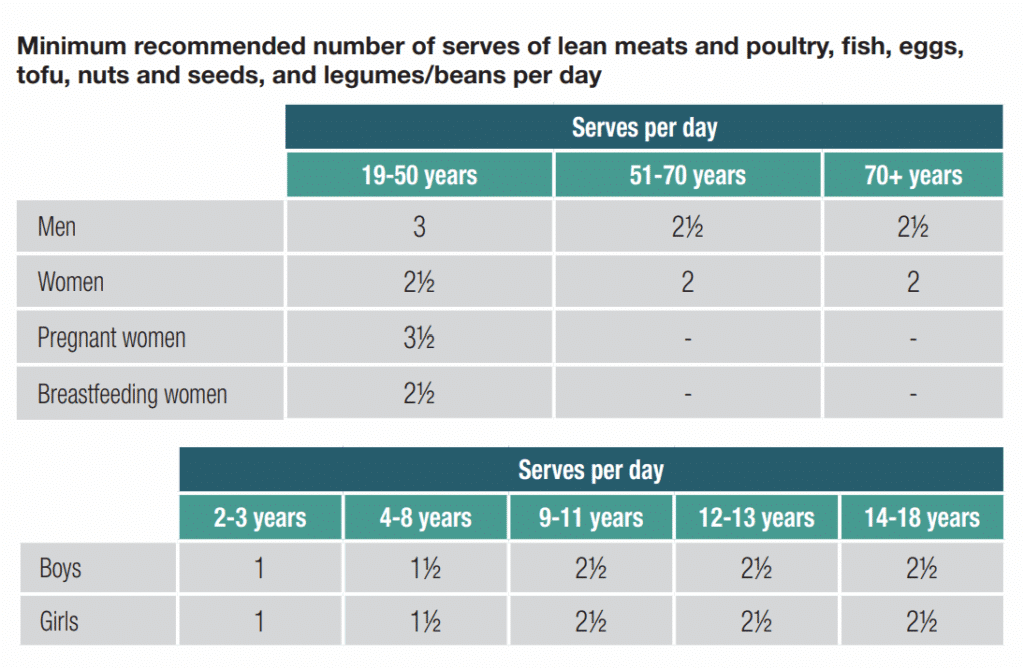

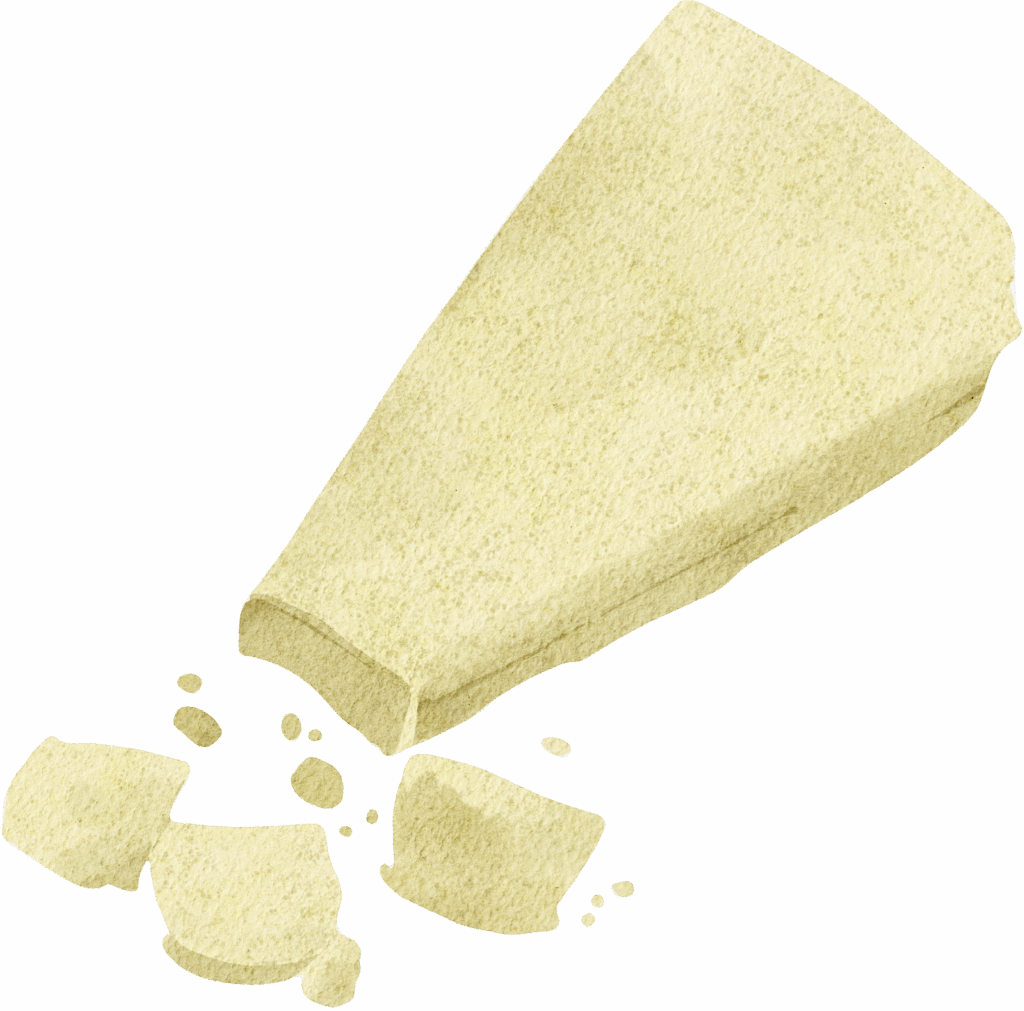
Milk, yoghurt cheese and/or alternatives, mostly reduced fat
Dairy products and their alternatives are an excellent source of calcium and other minerals, protein, and vitamins, including B12.
When choosing from this group consider that high fat sources are best avoided due to their contribution in calories and saturated fats.
1 serving is
500-600kj
- 1 cup (250ml) fresh, UHT long life, reconstituted powdered milk or buttermilk
- ½ cup (120ml) evaporated milk
- 2 slices (40g) hard cheese, such as cheddar
- ½ cup (120g) ricotta cheese
- ¾ cup (200g) yoghurt
- 1 cup (250ml) soy, rice or other cereal drink with at least 100mg of added calcium per 100ml
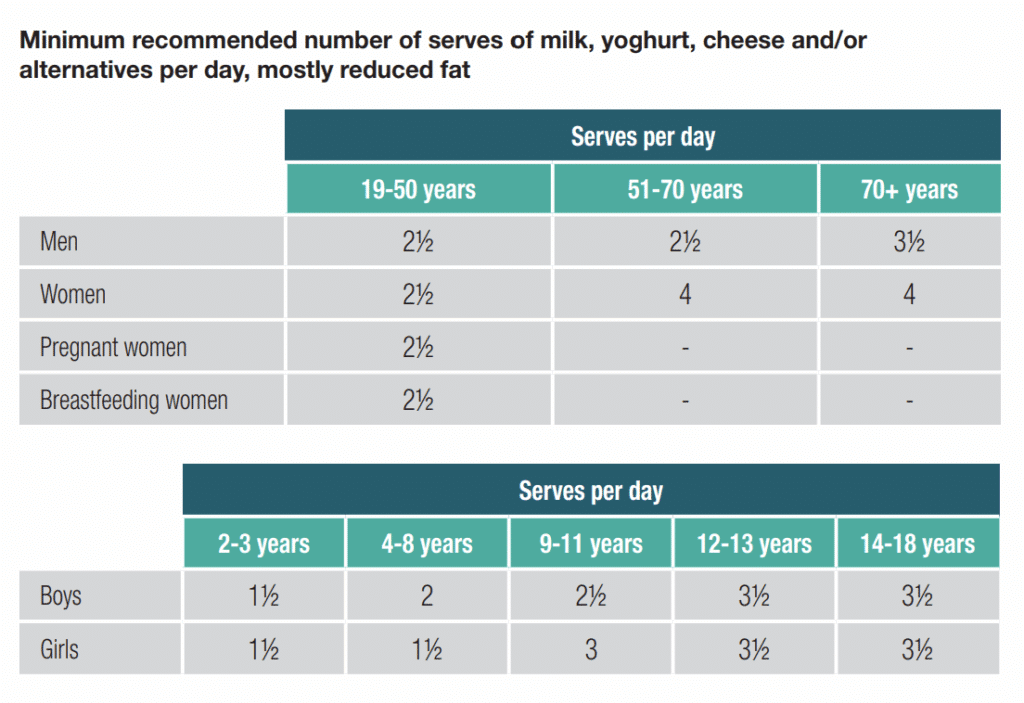
Discretionary foods
These are foods that are not part of a food group as they are too high in saturated fat and/or added sugars, added salt or alcohol and low in fibre. They tend to be calorie-dense.
They should not be a regular part of a healthy diet but are considered ok occassionally.
1 serving is
600kj
- 2 scoops (75g) regular ice cream
- 50-60g (about two slices) processed meats, salami, mettwurst
- 1 ½ thick or 2 thinner higher fat/salt sausages
- 30g salty crackers (a small individual serve packet)
- 2-3 sweet biscuits
- 1 (40 g) doughnut
- 1 slice (40 g) plain cake or small cake-type muffin
- 40g sugar confectionary (about 5-6 small lollies)
- 60g jam/honey (about 1 tablespoon)
- 1/2 small bar (25 g) chocolate
- 2 tablespoons (40 g) cream
- 1 tablespoon (20 g) butter or hard margarine
- 200 mL wine (2 standard drinks (note this is often 1 glass for many Australian wines)
- 60 mL spirits (2 standard drinks)
- 600 mL light beer (1½ standard drinks)
- 400 mL regular beer (1½ standard drinks)
- 1 can (375 mL) soft drink
- 1/3 (60 g) commercial meat pie or pastie
- 12 (60 g) fried hot chips
Discretionary foods recommended serves: 0-3
Zero is best but some people who have additional energy needs can have more.
Don't forget to drink water
Water is vital to supporting nutrition and all bodily systems.
The Australian Dietary Guidelines recommend the following intake of water:
- 4-5 cups for children up to 8 years
- 6-8 cups for adolescents
- 8 cups for women (9 cups in pregnancy and lactation) and
- about 10 cups for men
A cup is 250ml.
We get water from liquids and foods, including soup, milk, fruits
Why is Hydration important?
Water is important to contol our bodies temperature, to transport nutrients in the body and supports bodily processes. It supports brain function, digestion, and lubricates joints,
The list of what water does for our bodily systems is extensive. These are just a few.
source: https://www.ncoa.org/article/10-reasons-why-hydration-is-important/